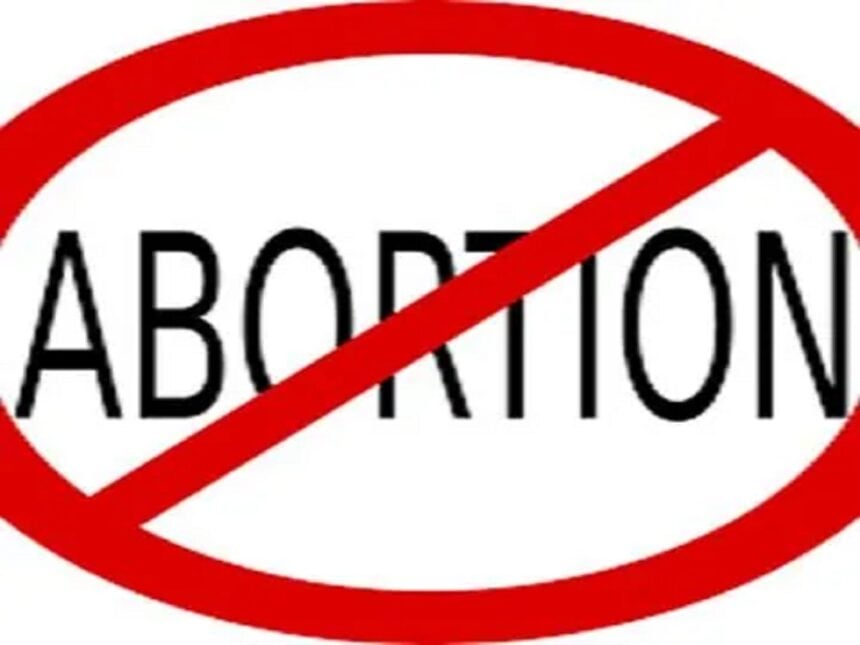Comprehensive abortion care, which includes safe abortion care and post-abortive care, is an essential part of s3xual and reproductive health and a human right, but services should be offered within the ambience of the law.
Dr Adekunle Obilade, a consultant obstetrician and gynaecologist at the Adeoyo Maternity Teaching Hospital, made this assertion in the April Continuing Medical Education series of the Nigerian Medical Association, Oyo State Branch entitled “The Health Sector, Laws, Guidelines and Policies Relating to Safe Abortion Care in Oyo State.
Obilade said comprehensive abortion care is included in the WHO essential health care services, making lack of access to safe, timely, affordable and respectful abortion care a critical public health and human rights issue.
According to him, the PMA2020 abortion survey reported between 1.2 million and two million abortions occur annually in Nigeria, and more than six out of 10 were unsafe, with women living in rural areas, younger women, women with no education and poor women more likely to have the most unsafe abortions.
Dr Obilade declared that unsafe abortion is one of the leading causes of maternal death, accounting for up to 13 per cent, and access to safe abortion care will reduce maternal mortality.
The medical expert, however, declared that under Nigeria’s constitution, abortion is only allowed to save the woman’s life, but post-abortion care, the care given to a woman after an abortion process, is legal and not restrictive.
“Post-abortion care is a composite care given to a woman after an abortion process. It aims to reduce maternal morbidity and mortality resulting from unsafe abortion and its complications as well as to prevent future risks of unwanted pregnancy and its complications,” he said.
He, however, declared that abortion laws in Nigeria did not explicitly explain what could be interpreted as life-threatening conditions such as ectopic pregnancy and advanced cancer in pregnancy.
According to Dr Obilade, the abortion laws and policies in Oyo State also cover safe abortion when the pregnancy poses a risk or injury to the woman’s mental health or future reproductive function, the survival of the foetus outside the mother’s body is not feasible or likely, and there is a substantial risk that the foetus would suffer from severe physical or mental abnormality if born.
He added that abortion laws and policies in Oyo State cover medical conditions like severe kidney disease, end-stage renal disease, diabetes, cervical cancer, heart diseases and preeclampsia with severe features, as well as sexual assault.
“The abortion law in Oyo State is restrictive, allowing only medically indicated abortions. Safe abortion care can be offered by trained, certified persons and in approved/registered facilities. There is no restriction to PAC so far; it is offered by trained, certified attendants in an approved/registered facility.”
Dr Gbolahan Abass, a former director of planning research and statistics at the Oyo State Ministry of Health and the chairman at the CME, said abortion is illegal in Nigeria, yet it contributes so much to the maternal mortality and morbidity in the country.
READ ALSO: Unplanned pregnancy, unsafe abortion in Nigeria: Where are we heading?






